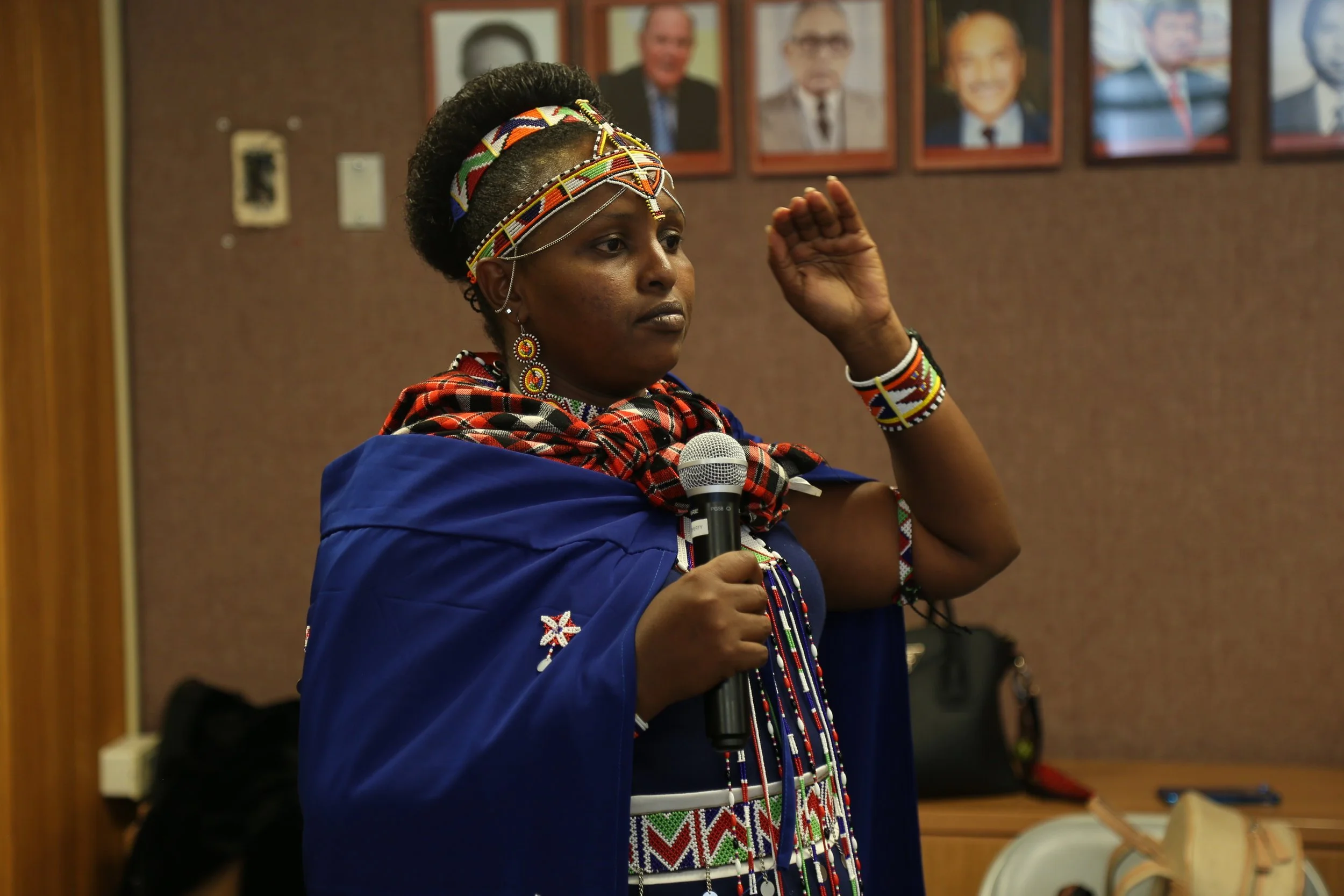Statement of Purpose
WE BUILD PATHWAYS FOR INDIGENOUS PEOPLES TO EXPAND THEIR CAPACITY TO PROTECT ANCESTRAL WAYS OF LIFE, EVOKE SOLIDARITY AND ALLYSHIP, AND SHARE TRIBAL WISDOM FOR THE TRANSFORMATION OF POWER STRUCTURES AND THE BETTERMENT OF HUMANITY.
Protecting Indigenous Peoples and their cultures protects all of us
There are an estimated 400 million Indigenous Peoples in the world representing 5,000+ languages and cultures.
Indigenous Peoples are stewards of deep knowledge, vital natural resources, and the ancestral traditions of humanity.
Yet despite their size and importance to safeguarding essential environmental and cultural heritage, they remain largely marginalized, underrepresented, or erased. Due to colonization, racism, and genocide, traditions are being lost and support is lacking.
Over the past 28 years, Tribal Link has built a history of high-impact, grassroots, and policy successes.
Some of our proudest moments include:
Launching an online version of Project Access entitled “Indigenous Peoples at the United Nations: Project Access Online” in collaboration with the United Nations Development Programme’s Learning for Nature Platform on April 8, 2021
Becoming an Official Partner of the United Nations Development Programme’s Equator Initiative in 2020
Creating and administering the annual Project Access Global Capacity Building Workshop for Indigenous Peoples in collaboration with the United Nations Voluntary Fund; Permanent Forum on Indigenous Issues Secretariat; UNDP’s Equator Initiative; Convention on Biological Diversity Secretariat; and Columbia University, among others. Over 300 Indigenous leaders received this specialized in-person training since 2004
Co-authoring the Indigenous Business & Biodiversity Guidelines
Natural Resources Stewardship Circle Partnership
Establishing a Global Indigenous Peoples Network
Producing numerous events at the United Nations
Supporting the empowerment of hundreds of Indigenous leaders worldwide
Key Needs
Tribal Link Foundation, Inc. was founded in 1993 following the United Nations Earth Summit held in Rio de Janeiro, Brazil. In a number of consultations since our founding, Indigenous Peoples have consistently expressed the need for three major categories of support in order to be able to continue to effectively protect their lands, resources, and cultures: capacity building; education; and entrepreneurship. Our programs are designed to address these key needs.



